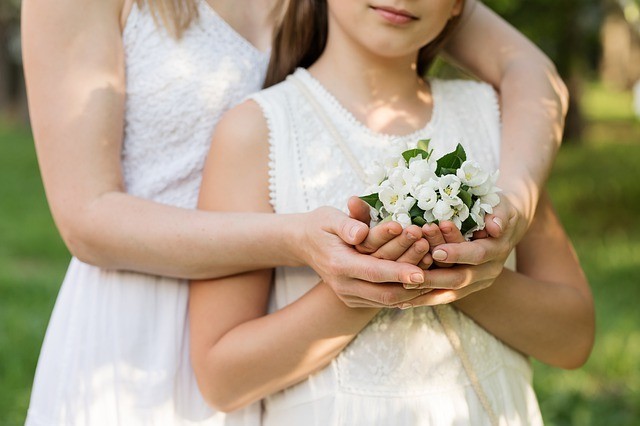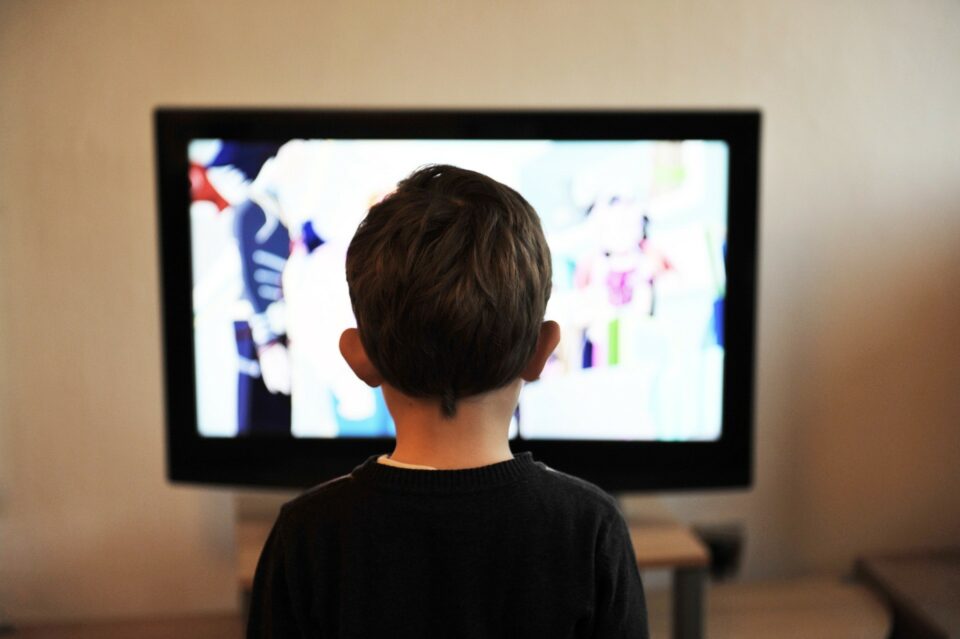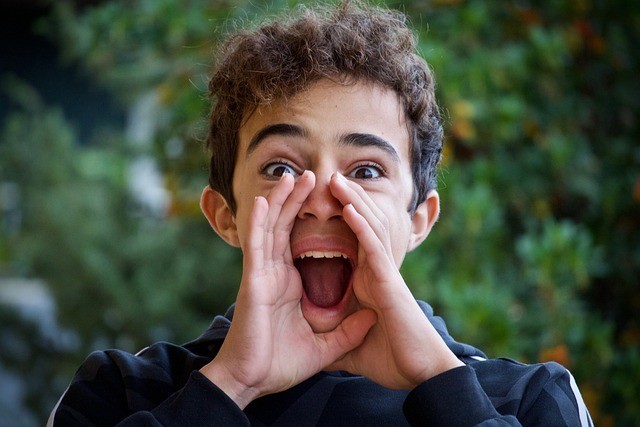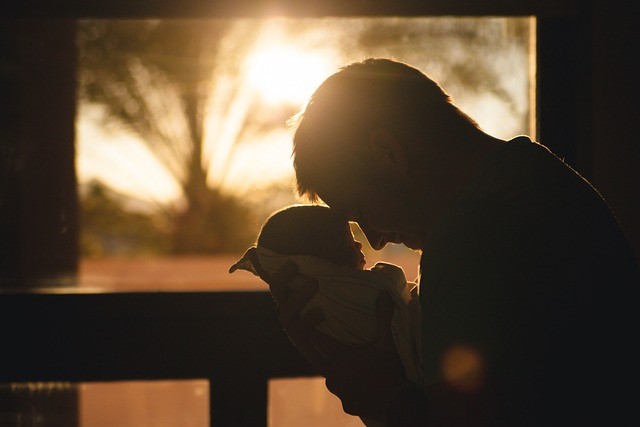Within the childcare spectrum there are several different professionals who all work to create a full and caring environment for the children under their responsibility. For the most part however, you will hear of two specific roles the most – a nanny and a governess.
But, what are the differences? And, how can you be sure that you’re hiring the right type of professional for your child, or children?
Whilst both a governess and a nanny are responsible for the care of your child, they do have specific differences, and slightly different aims. This article is going to highlight the main differences between a governess and a nanny, and highlight how both roles could help your child to grow, develop, and become the very best they can be.
First things first, let’s outline each role and then compare the differences. Doing this will help you become much clearer in terms of which professional is best for your child, or children.
What is a Nanny?
A nanny is responsible for the welfare and development of a child under their care. This is quite likely to be younger child, ranging from birth to around 12 years, but this is a decision the parent makes in terms of when to stop nanny care, and when to allow the child to be responsible for themselves. Some families no longer require a nanny after around 8 or 9 years of age, but some choose to keep their nanny on for a little longer. Again, it’s a personal choice and there is no right or wrong answer.
On the whole however, nannies are associated with younger children and as a result they help the child to reach their developmental milestones, from birth, into toddler age, and into preschool and their school years.
For many parents, a nanny is a rock to lean on. A nanny helps during those difficult early years, when challenges seem to be around every corner, and trying to juggle children, a home life, a career, and other responsibilities can often be a very difficult thing. In this case, a nanny is a true Godsend.
The main responsibilities of a nanny are:
- General care of the child, such as feeding, changing, bathing, dressing, etc
- Helping the child to reach their developmental milestones, through play activities
- Helping the parents to set a routine with bedtime/feeding, etc
- Flagging up any developmental milestones to the parents in a timely manner
- Supporting the child in any specific conditions, e.g. any health issues, or any behavioural problems
- Accompanying the child to play dates, social events, appointments, and taking them to and from school
- Administering basic first aid, if necessary
- Providing a constant source of supervision and care for the child when their parents are not there, e.g. at work etc. Nannies are also able to travel with families, to ensure care is consistent and stops the child losing their regular rhythm and routine
As you can see, a nanny is far more concerned with the general care of the child and as a result they are often employed to work with younger children, rather than older children, although it isn’t unheard of.
What is a Governess?
On the other hand, a governess is usually employed to work with children who are of school age. The reason is because a governess is able to support the child’s educational needs, as well as their general care needs too.
Governesses are not employed to look after children who are newborn, toddlers, or pre-school, and are more likely to come into the equation when school begins. As a result, you will often see governesses working with children from age 5 upwards, and this can also continue into High School in some cases, especially if the child requires extra tuition in the home environment.
Most governesses have educational training, e.g. they are qualified teachers and have up to date working knowledge of the UK National Curriculum. This ensures they can teach and support the child’s education in line with what they are learning in school at that time.
Many families choose to employ a governess to either home-school their child completely or to supplement their school education via extra tuition. This can be very useful if a child is struggling with a specific subject, e.g. Maths or English, and they need someone who can help them understand specific points in a more direct and personalised way. Not every child learns in the same way, and not every child thrives with an indirect approach. Within most schools, the teacher is in charge of around 30 or sometimes more children, and which doesn’t allow much scope for personalised approaches. If your child is someone who needs that one-on-one approach, a governess is the ideal option.
In addition, if your child is not one for doing their homework, a governess could certainly help rectify that situation! Homework can be a real learning curve with the help of a governess, and isn’t a rush job on a Sunday evening, as it might be now! In that case, a governess can list down with your child and work through the task they have, helping them to understand it correctly, and really learn something from the entire experience.
The main duties and responsibilities of a governess are:
- General care of the child, e.g. helping with basic tasks like cooking, feeding, dressing if necessary, etc
- Administering basic first aid care, if necessary
- Helping the child to reach developmental milestones which are associated with slightly older children, and reporting back to the parents if there are any issues
- Supporting any specific requirements, e.g. a child with behavioural problems or mobility problems
- Supporting the child’s educational needs, via help with homework, home-schooling, and extra tutoring
- Helping the child to develop basic life skills, such as independence, resilience, and confidence
- Providing a shoulder to cry on and confide in during those “growing up” years – some children respond better to someone who isn’t necessarily in their family when it comes to confiding difficult problems
- Helping children to learn new skills, such as a new language, sporting activity, or a musical instrument
As you can see, a governess is far more focused on educational and development, rather than basic care, however they will provide basic childcare support as and when necessary. This will depend upon the child, their age, the needs they have, and the wishes of the family.
What Are The Differences Between The Two?
Now we know the main responsibilities for both a nanny and a governess, let’s compare the two roles and highlight the differences.
Both are childcare professionals who form an important part of a child’s early years. The main differences are around the age group they are responsible for and the specific focus they have. Both nannies and governesses can work on various different basis’ too, from part time to full time, live in to live out, and both are usually able to travel with a family, to ensure continuity of care and presence away from the child’s regular surroundings, e.g. on vacation.
The subtle differences are important however, because it depends on what you want to achieve in terms of which childcare professional you employ.
A nanny is more likely to work with babies, toddlers, and young children, focusing on their basic care needs and supporting their developmental milestones. However, a governess is more focused on education, and as such they usually work with children who are at school, from around age 6 upwards.
A nanny will help a young child with their homework, but that isn’t their specific role. A governess however is mostly employed to support a child’s educational needs and allow them to flourish within whatever schooling arrangement they have.
Governesses can be employed to home-school a child, but they are more likely to give extra tuition on subjects or areas which a child is struggling with. A governess can also work as a part-time teacher within the home, for children who need more structure to their education.
To sum up, the main differences are:
- Nannies typically work with a younger age group than governesses
- Governesses are focused mostly on the development of a child through their education and personal development
- A nanny is more focused on the general care and wellbeing of a child, e.g. dressing, playing with them, feeding, changing, setting routines, etc
- A governess is likely to be a trained teacher, who has knowledge of the UK National Curriculum
Which Professional is Best For Your Family?
Now you know the specific roles of a nanny and a governess, and you understand the key differences between them, you’re in a better position to know which professional is best for your child, or children.
It all comes down to the age and needs of your child, and what you want to focus on. If you need someone to help you with basic care, someone to take the pressure off or simply care for your child when you’re at work or away due to other commitments, a nanny is the right choice for you.
However, if you need someone to focus on your child’s education, supplementing what they’re learning at school or helping to educate them generally, whilst also focusing on general childcare to a lesser extent, a governess is the right route.
A governess will help with basic childcare duties, however, they are far more focused on learning and aren’t really there to watch your child and help with day to day care. In that case, a nanny is the specific childcare professional you need.
Many people confuse these two professionals but it’s vital to know the differences in order to get the right person for the job. If you hire a nanny and you’re expecting him or her to sit down and help your child with their homework, going into specific details on the ins and outs of the National Curriculum, you’ve made the wrong choice and as a result you’re going to need to let them go and rehire someone else. This is a long process, and causes disruption to your child, as you’re introducing them to several different people, rather than the right one from the start.
On the other hand, if you’re hiring a governess and your child is very young, and you want someone to help them hit developmental milestones and help to get them into a routine, along with general childcare duties, you’ve made the wrong choice once more.
It’s important to try and get the choice right from the start, to minimise disruption and ensure that you hit the ground running with your childcare and educational needs covered as well as they can be.
Of course, before you hire either a nanny or a governess, you need to ensure that your professional has had the necessary background checks, a vigorous vetting procedure has been done, and that they have the most up to date qualifications and experience possible. This is someone who is going to be responsible for the care and wellbeing of your child, whether that’s from a general childcare point of view or an educational point of view. Anyone you let close to your child needs to be the 100% right person for the job, making this decision one the most difficult you’ll probably face as a parent.
With that in mind, here at London Governess, we’re able to make the road much less bumpy as a result. All of our nannies and governesses have undergone an extremely rigorous vetting procedure prior to signing with our agency, and we will do our best to make the match between your family and your perfect nanny or governess in as little as 48 hours wherever possible. We’re also able to give you the best advice in terms of whether it’s a nanny you need or a governess, cutting down on lost time and ensuring you choose the right person for your family, as quickly as possible.




